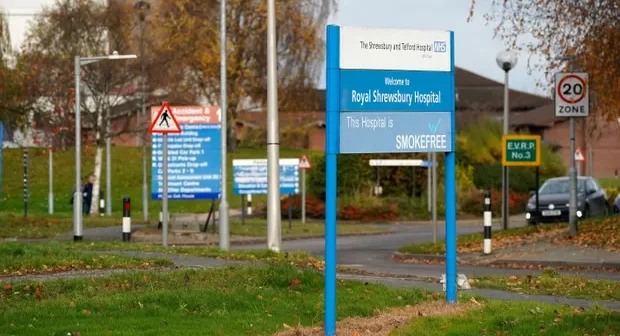A damning report into hundreds of baby deaths has condemned the trust at the centre of the biggest maternity scandal in the history of the NHS for blaming mothers while repeatedly ignoring its own catastrophic blunders for decades.
The independent inquiry into maternity practices at Shrewsbury and Telford hospital NHS trust uncovered hundreds of cases in which health officials failed to undertake serious incident investigations, while deaths were dismissed or not investigated appropriately. Instead, grieving families were denied access to reviews of their care and mothers were blamed when their babies died or suffered horrific injuries.
A combination of an obsession with natural births over caesarean sections coupled with a shocking lack of staff, training and oversight of maternity wards resulted in a toxic culture in which mothers and babies died needlessly for 20 years while “repeated failures” were ignored again and again.
Tragically, it meant some babies were stillborn, dying shortly after birth or being left severely brain damaged, while others suffered horrendous skull fractures or avoidable broken bones. Some babies developed cerebral palsy after traumatic forceps deliveries, while others were starved of oxygen and experienced life-changing brain injuries.
The report, led by the maternity expert Donna Ockenden, examined cases involving 1,486 families between 2000 and 2019, and reviewed 1,592 clinical incidents.
“Throughout our final report we have highlighted how failures in care were repeated from one incident to the next,” she said. “For example, ineffective monitoring of foetal growth and a culture of reluctance to perform caesarean sections resulted in many babies dying during birth or shortly after their birth.
“In many cases, mother and babies were left with lifelong conditions as a result of their care and treatment. The reasons for these failures are clear. There were not enough staff, there was a lack of ongoing training, there was a lack of effective investigation and governance at the trust and a culture of not listening to the families involved.
“There was a tendency of the trust to blame mothers for their poor outcomes, in some cases even for their own deaths. What is astounding is that for more than two decades these issues have not been challenged internally and the trust was not held to account by external bodies.
“This highlights that systemic change is needed locally, and nationally, to ensure that care provided to families is always professional and compassionate and that teams from ward to board are aware of and accountable for the values and standards that they should be upholding. Going forward, there can be no excuses.”

